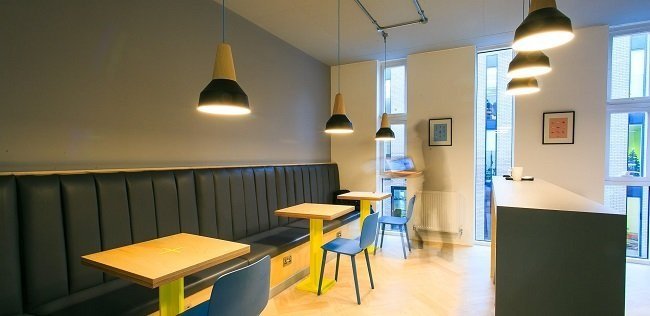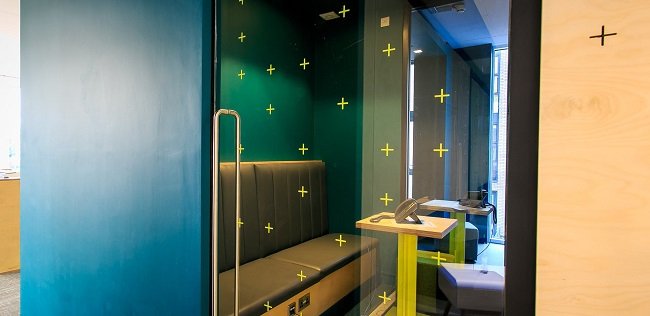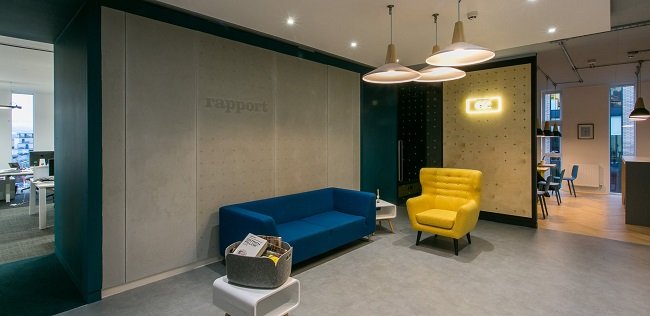The Vileda Turbo Spin Mop and Bucket Set – surely every office ought to have one!
TAG has been appointed by the UK subsidiary of Freudenberg which is a German multi-national employing 48,000 staff worldwide and which owns many diverse brands including Vileda.
Freudenberg Home and Cleaning Solutions division has had its UK office headquarters based at Chichester House in Rochdale for many years. As part of a premises review TAG has been appointed to advise on its future occupation strategy.
The pandemic has caused many businesses including Freudenberg, to question whether their existing offices are up to the job or even, whether they are needed at all.
Even the most basic features of a building can determine whether it is now fit for purpose. Think for example of windows you can physically open. If they don’t and the air conditioning system does not include a fresh air supply, the building may no longer be considered fit for purpose.
Another critical factor coming into sharp focus is occupation density. Think of the physical distance between desks in your office and the responsibility that employers have with regard to their employees’ wellbeing. In some cases, the distance between employees is no longer sufficient to adhere to even the most modest social distancing requirements. This can dramatically increase the overall amount of floor space that some organisations will need in the future assuming the same number of permanent desks are required.
Another issue of growing importance is sustainability. For larger companies in particular, the energy performance certificate (‘EPC’) rating is becoming a key search criteria. Another useful benchmarking system is the BREEAM (Building Research Establishment Environmental Assessment Method) rating. This is more comprehensive than the EPC measure which means it is more expensive to produce. Unlike an EPC, it is not compulsory so not every leased building will have a BREEAM rating.
If you would like more information on how the pandemic might affect your future office requirements, please call Martyn Markland on 0161 457 1422 or email him at mm@tenantag.co.uk.










